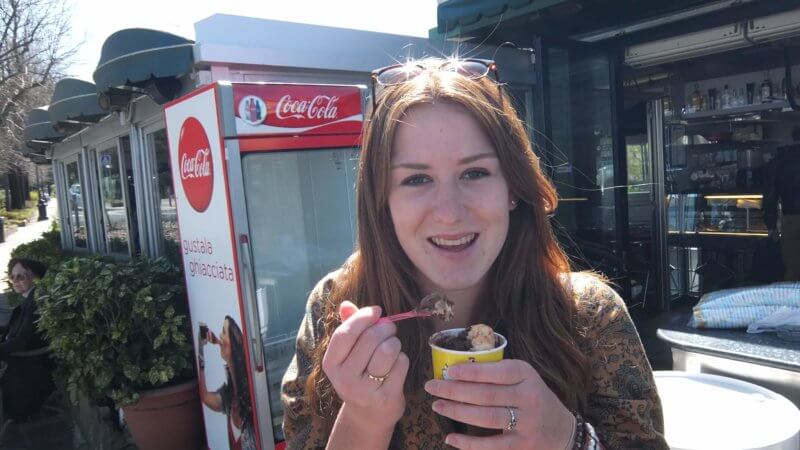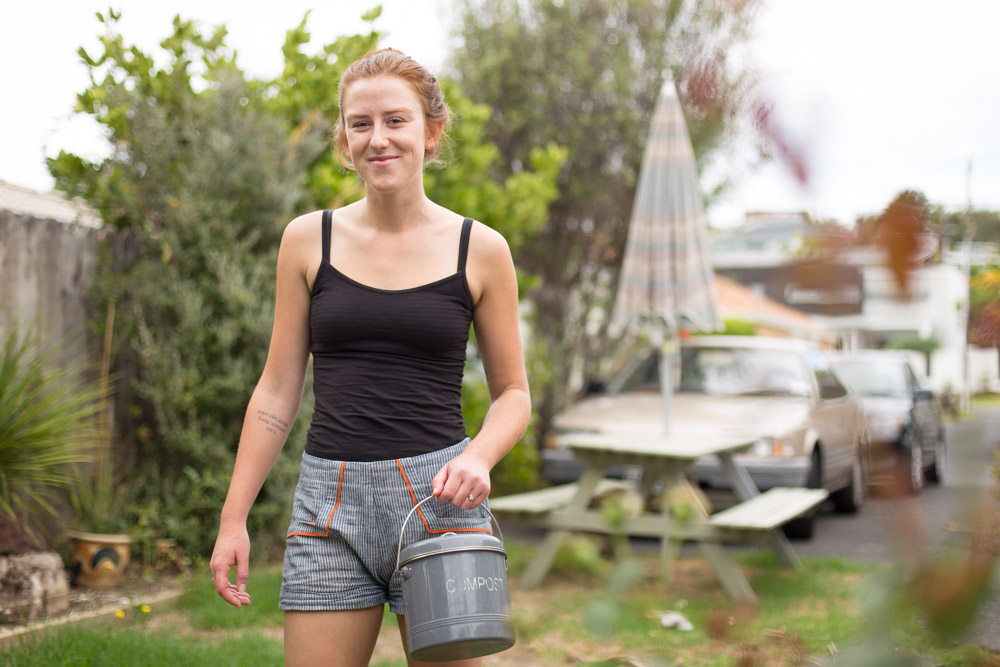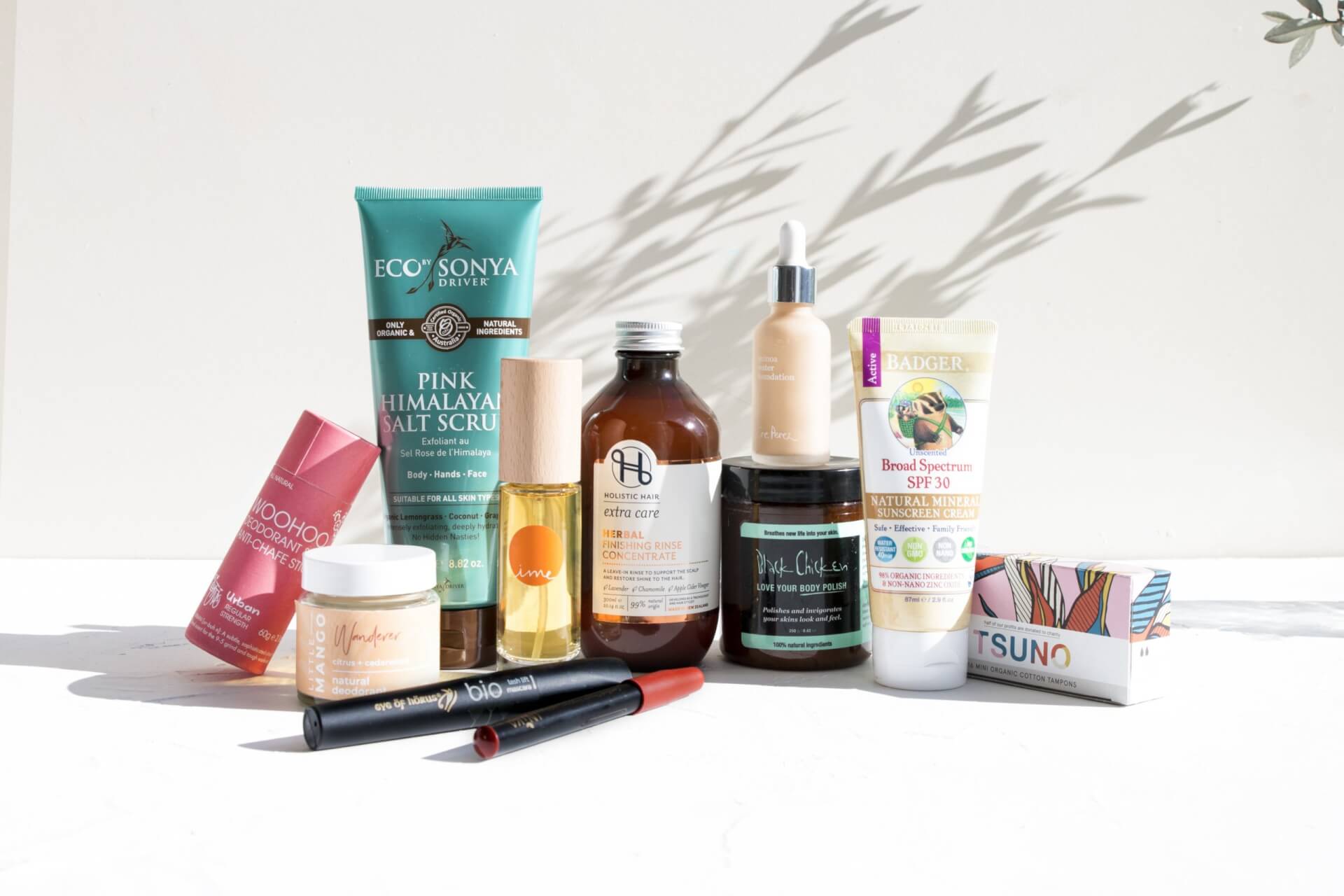Home & Living, Lifestyle, Sustainability, Waste free, Words from Ethically Kate
Why The Perfect Eco Lifestyle Doesn’t Exist
I wish there was a manual for life. Among many things, the manual would contain helpful lists that explain how to do life perfectly, what not to do when on a date, how to talk to people without accidentally offending them, the best foods to eat, how not to stub your toe, a step by step guide to never having an awkward social situation, the ideal way to raise a child, and how to keep your partner happy 24/7.
As great as that sounds, a manual for life cannot exist. Humans are unique. Life throws curveballs. There isn’t one way to live it. We all just have to try our best.
This same ideology applies to sustainable living. Even though some people may claim to live life in a way that respects people and planet perfectly, I believe that the perfect eco lifestyle does not exist.
Here’s why, and what you should strive for instead.

Image by Francisco Photos
Cultural norms must be respected
Just like my imaginary ‘how to do life manual’, the perfect eco lifestyle is impossible to attain without ignoring the many different and wonderful cultures across the world. This is because when you tell someone to live more sustainably, you are asking them to change their habits and the very actions and decisions that make them, them. If there was only ONE way to live sustainably, it would go against many cultural norms. It’s impossible to describe one single lifestyle that covers all cultural values!
For example, I sterilise my menstrual cup by boiling it in a pot (used solely for this purpose) on the stove for 5 minutes. I realise in many cultures, it would be inappropriate to even consider putting something that goes in my body, in a room where food is prepared. Sterilising tablets or soap wash would be used instead. In other cultures, using a menstrual cup may go against their values, so that’s where other sustainable options like reusable menstrual pads or period underwear come in. See? There isn’t one way to live an eco lifestyle.
Society doesn’t make it easy
Last week, my friend said to me “imagine how easy our lives would be if we didn’t care about the planet.” I nodded, and let out a deep sigh. Although I prefer living a sustainable lifestyle (it comes with many other mental, emotional, and psychological benefits), society currently does not make things easy. The plastic bag ban that passed here in Aotearoa New Zealand in 2019 made it less painful for me to bring my own reusable bags to the supermarket, but our societal systems still have a long way to go. I continue to wither the awkwardness of handing over my own reusable containers when I get takeaways, and I go to four different places for my groceries: the bulk bin store, supermarket, vegetable store, butcher, and farmer’s market. Oh, wait… that’s 5.
Our plastic covered supermarkets and fast fashion filled shopping malls do not make sustainable living easy. Sure, it’s slowly getting better as demand grows, but it’s still a time sucker and inconvenient. This means a strictly sustainable lifestyle is not within everyone’s capacity.
We are unique
A single person who lives next to a package-free store, works from home, and doesn’t have any medical needs or the travel bug, could say they live the ultimate sustainable lifestyle – free of cars and waste! However, what about the person who’s cup is filled when travelling? Families of 7? Working single mums? People, who live with disabilities? Also consider the individuals who love making their own cleaning products, and those who would rather pay someone to make them sustainably. Every human that walks this earth is one of a kind, has different likes and dislikes, habits and quirks, needs and desires. Taking this into consideration, it’s easy to see how the perfect eco lifestyle will never exist.
After throwing your goal of being the ultimate eco guru out the window, replace it with the mantra of ‘start somewhere, and do your best.’ I’d recommend this:
- Educate yourself: read books, listen to podcasts, and watch documentaries. Consume knowledge around sustainability in a way that works for you.
- Start small: begin diving into one topic. Maybe it’s chemicals in your beauty products or the origin of your food. Whatever you do, start with one thing and don’t move onto the next until it becomes a habit.
- Don’t be afraid of labels: labels are helpful for descriptions, but they can be unhelpful when you think you have to take an ‘all or nothing’ approach. For example, it’s more beneficial to start by making your breakfast plastic free, rather than call yourself a ‘zero waster’, strive to do it all, fail… and then give up altogether.
- Remind yourself how far you’ve come: There is a folder in my phone, full of images of me with single-use packaging and waste. I look at these pictures to remind myself of the changes I’ve made, rather than beat myself up about the changes I have yet to embrace. Example below.

The idea of the perfect sustainable lifestyle is (ironically) unsustainable. You don’t have to fit into a label to have a positive impact on the planet and people. Simply do your best – that is enough.
This article was written by Kate Hall from Ethically Kate


